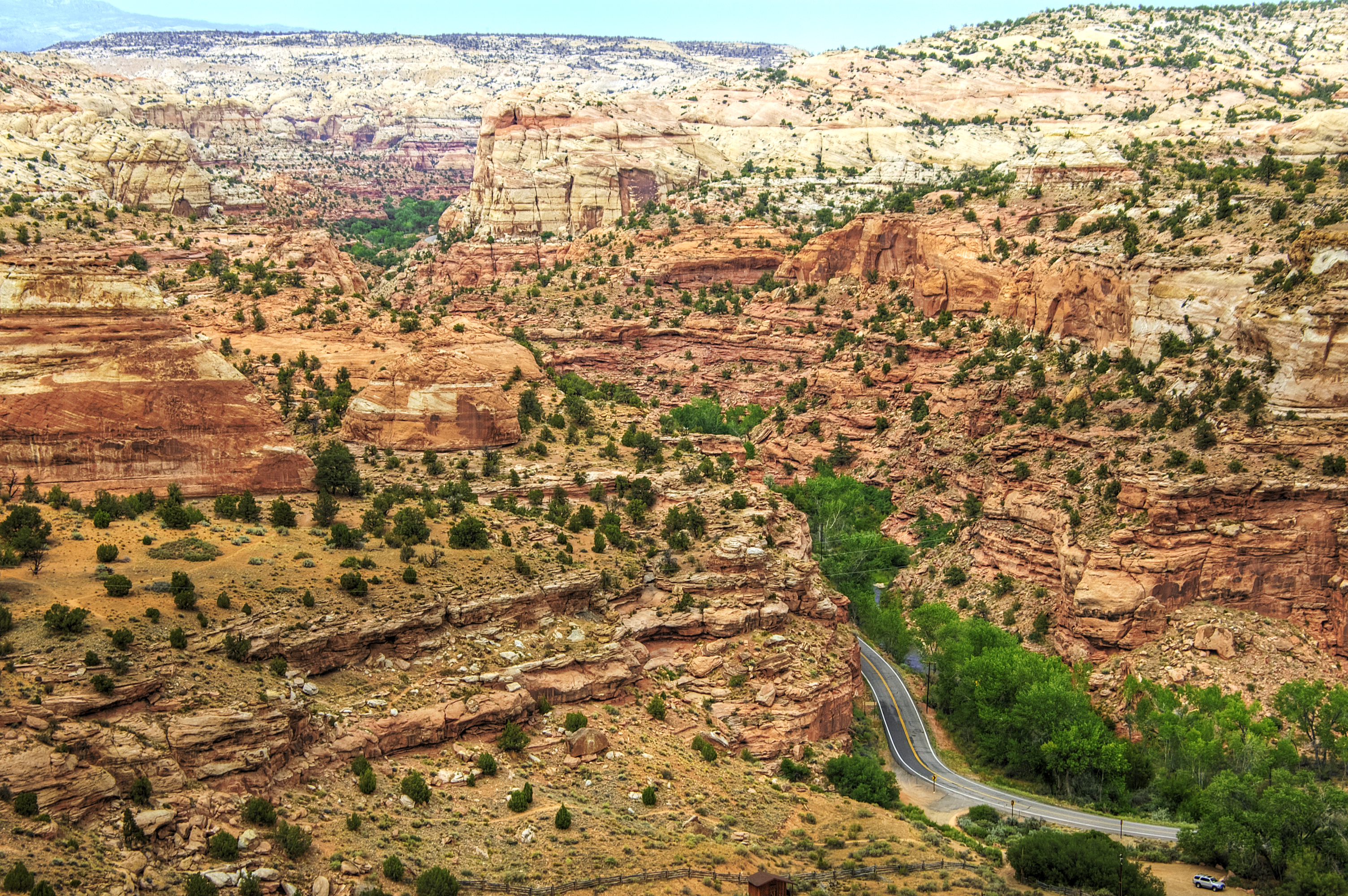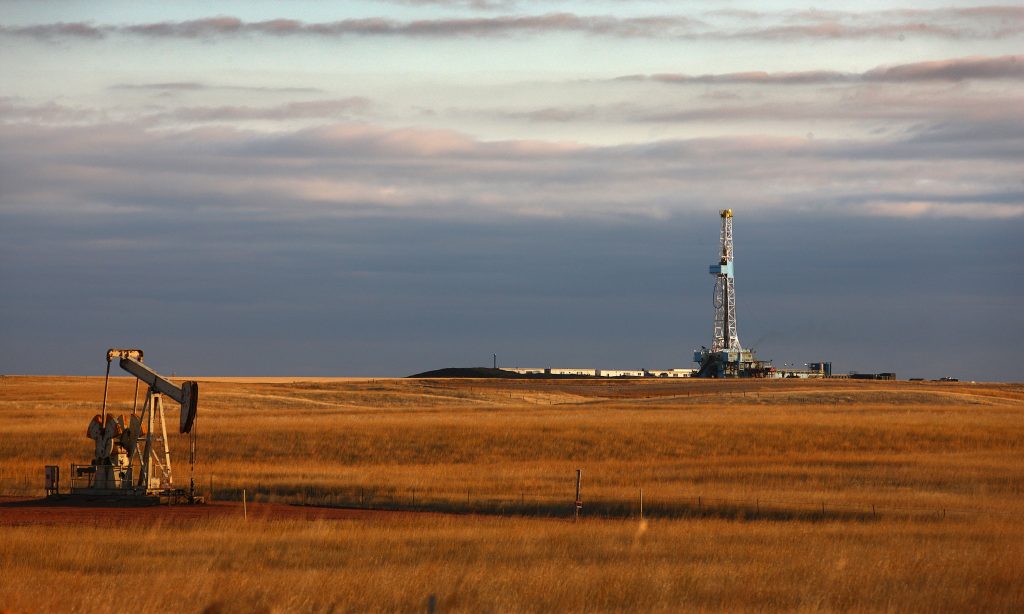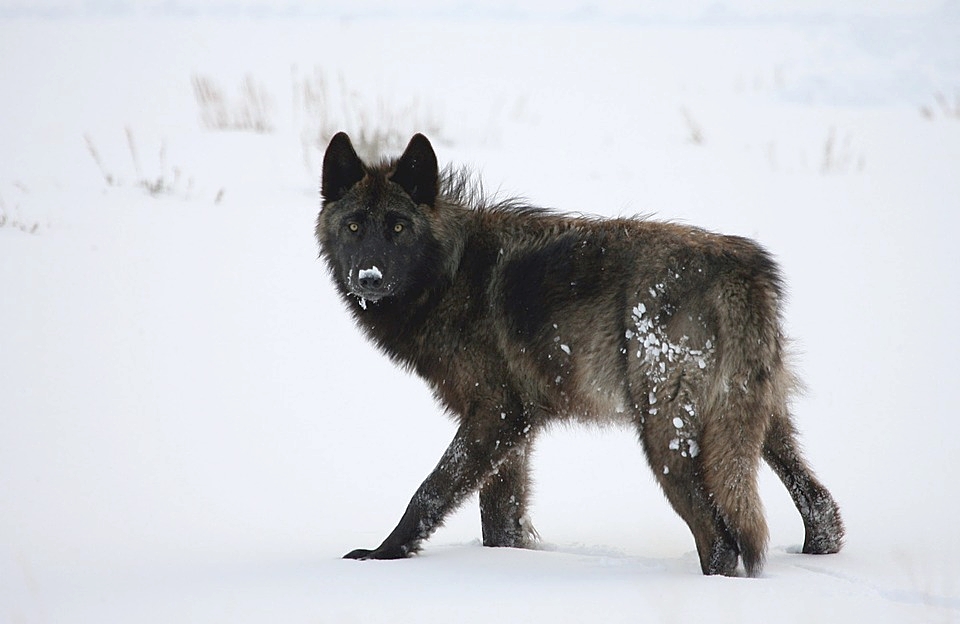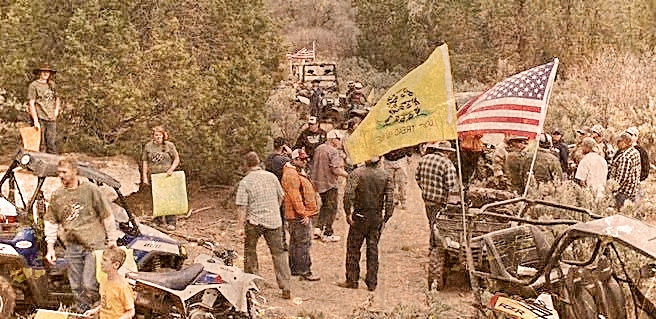“The 1996 monument prohibits the most basic signing to direct visitors to and from the Dry Fork slot canyons. In the spring of 2018, an individual died from heat exhaustion after leaving the Dry Fork slot canyons and becoming unable to locate his way back to the parking lot,” Pollock said. “A simple $10 sign could have prevented the loss of life.”
Tim Pearce
Dozens of people died in a national monument because locals couldn’t put up signs
Dozens of people died after getting lost in Utah’s Grand Staircase-Escalante National Monument because federal regulations prohibited officials from putting directional signs in place, a Utah county commissioner said.
Leland Pollock, the commission chair for Garfield County in Utah, testified in front of Congress Wednesday on President Donald Trump’s decision to roll back the designation of GSENM. The monument, established in 1996 by former President Bill Clinton, took an “egregious” toll on human life, Pollock testified.
Garfield County is one of three that contain portions of GSENM within its boundaries. (RELATED: Trump’s National Monument Decision: By The Numbers)
“The 1996 monument prohibits the most basic signing to direct visitors to and from the Dry Fork slot canyons. In the spring of 2018, an individual died from heat exhaustion after leaving the Dry Fork slot canyons and becoming unable to locate his way back to the parking lot,” Pollock said. “A simple $10 sign could have prevented the loss of life.”
“Reports indicate that in the 20 years the Clinton monument has been in existence more than 50 individuals have lost their lives, largely due to lack of appropriate, low cost signing. Most of the deficiencies with the Clinton monument can be attributed to overly restrictive regulations which prohibited reasonable visitation management,” Pollock added.
Democratic lawmakers called the hearing “Forgotten Voices: The Inadequate Review and Improper Alteration of Our National Monuments” and focused largely on the Trump administration’s December 2017 cutbacks of two national monuments in Utah, GSENM and Bears Ears.
The hearing, meant to be a reckoning on the review process that resulted in the cutbacks, grew partly into an indictment of the original GSENM designation. The Clinton administration largely kept the decision a secret until it was finalized. The administration sought no public input, nor did it consult with the state’s congressional delegation.
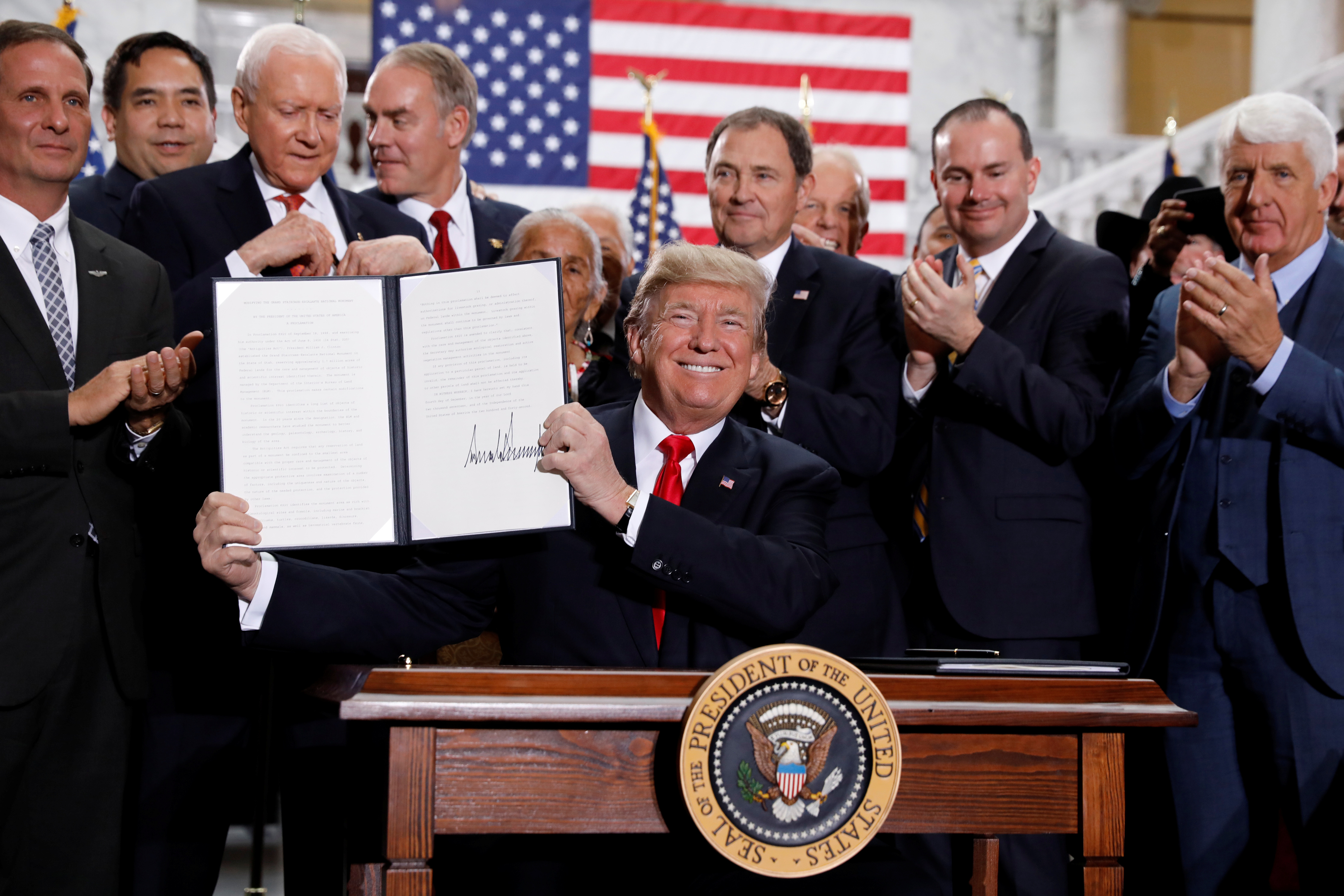
Nicole Croft, executive director of Grand Staircase Escalante Partners, slammed the Trump administration for suspending the monument’s advisory board, though the board had no decision-making authority.
“He suspended the Monument Advisory Committee, which was comprised of locals, stakeholders and BLM leadership, and stopped the committee from discussing issues, addressing management concerns or new approaches, along with BLM management updates. This was exactly the venue for local stakeholder involvement,” Croft testified.
See more from Tim Pearce and Daily Caller here
Free Range Report
Thank you for reading our latest report, but before you go…
Our loyalty is to the truth and to YOU, our readers!
We respect your reading experience, and have refrained from putting up a paywall and obnoxious advertisements, which means that we get by on small donations from people like you. We’re not asking for much, but any amount that you can give goes a long way to securing a better future for the people who make America great.
[paypal_donation_button]
For as little as $1 you can support Free Range Report, and it takes only a moment.
